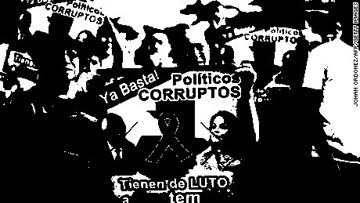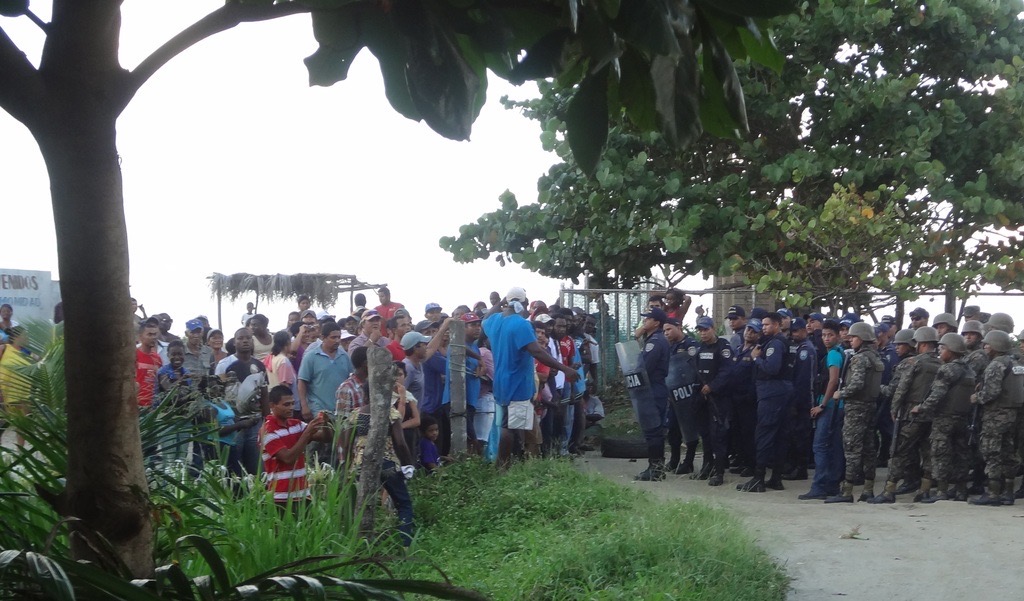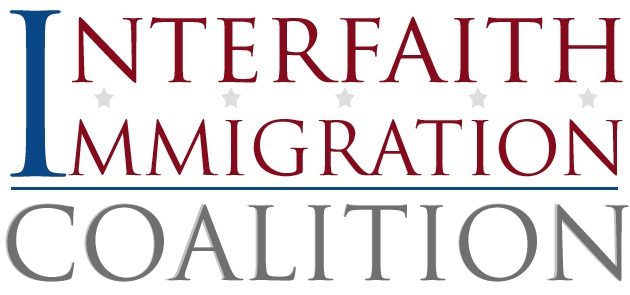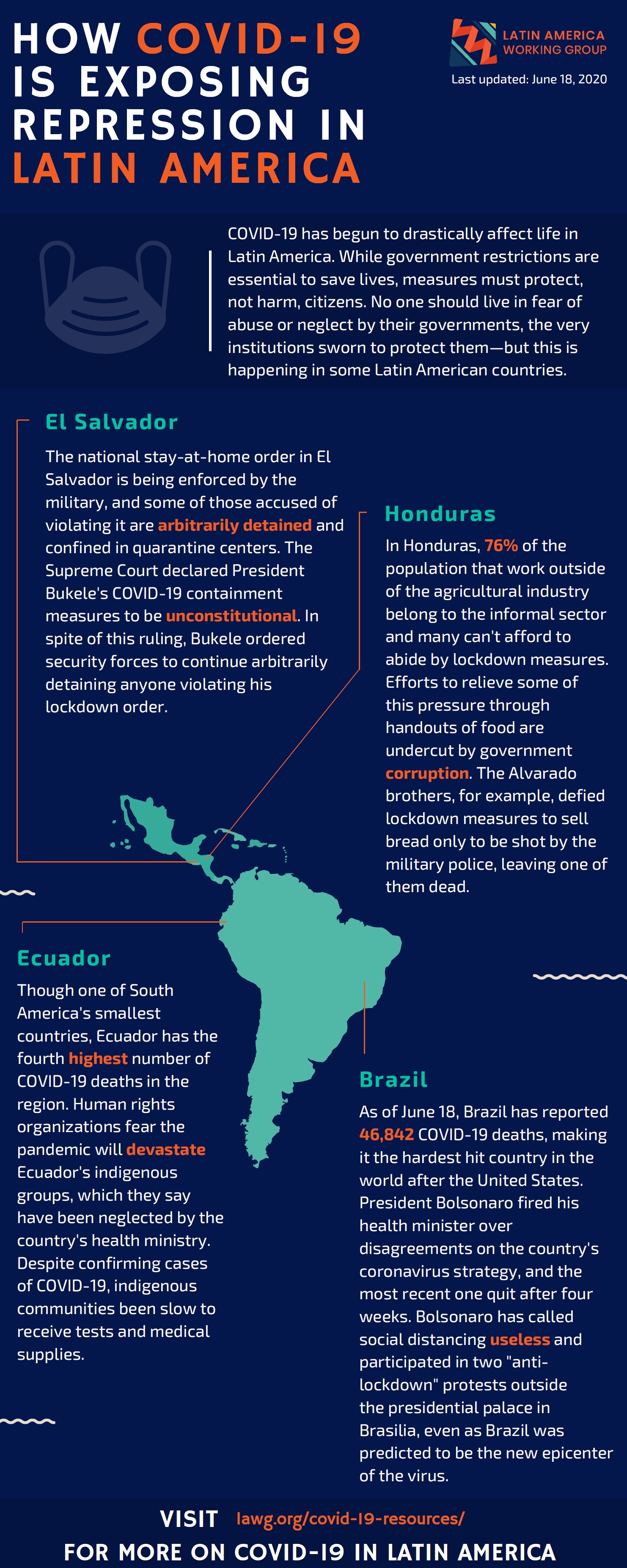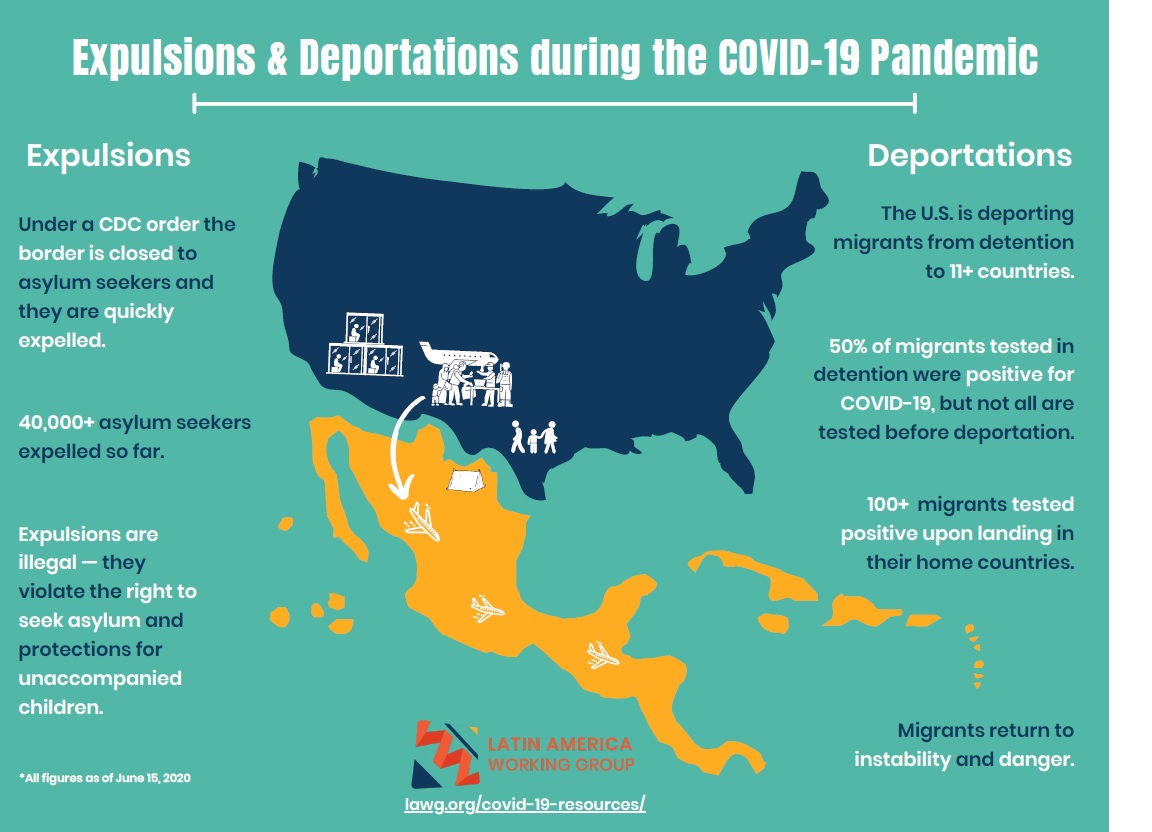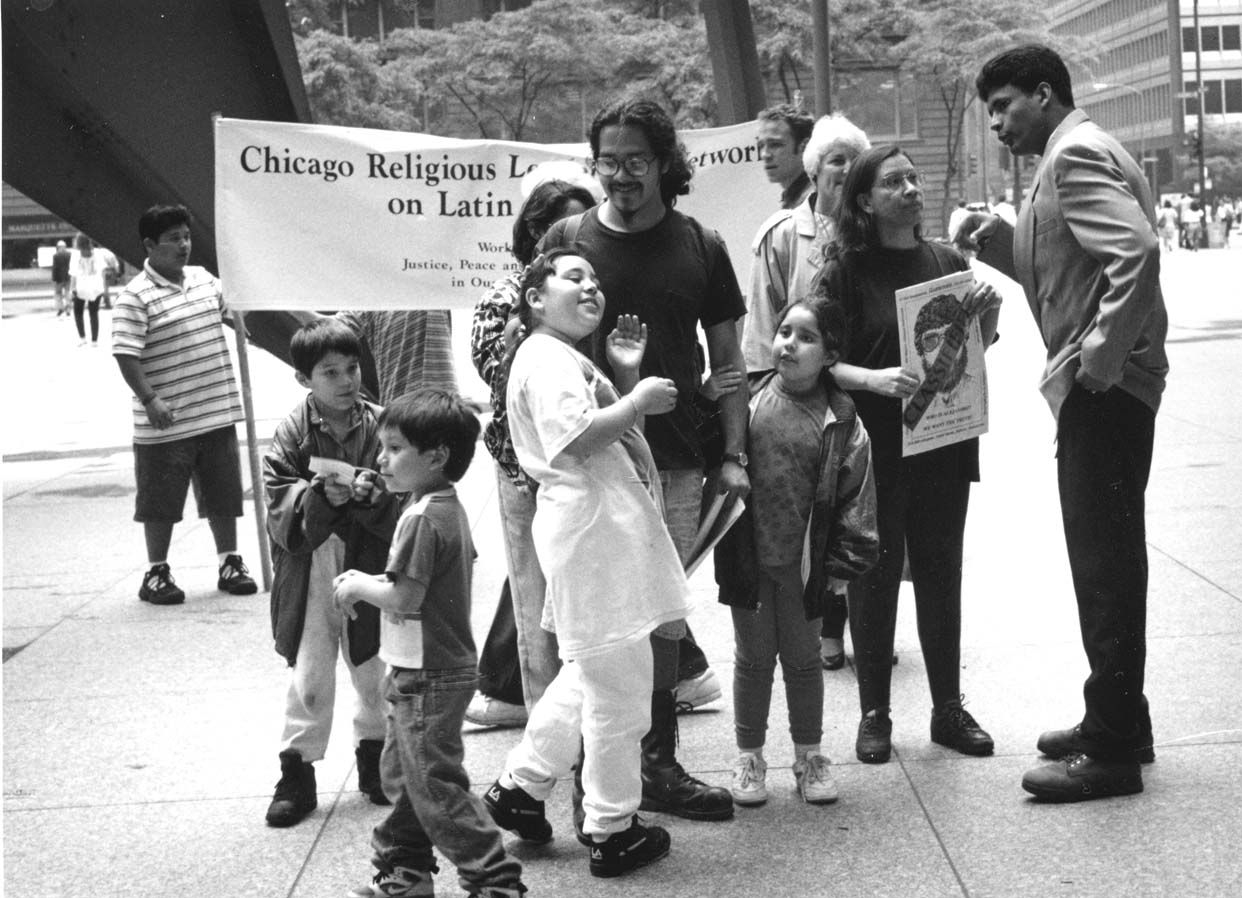How long, O Lord, must I call for help?
But you do not listen!
“Violence is everywhere!” I cry,
but you do not come to save.
Why do you make me look at injustice?
Why do you tolerate wrongdoing?
Destruction and violence are before me;
there is strife, and conflict abounds.
Therefore the law is paralyzed,
and justice never prevails.
The wicked hem in the righteous,
so that justice is perverted.
Habakkuk 1: 2-4
9 minutes. After 2 minutes without oxygen, the average adult human will lose consciousness, and after 3 to 4 minutes without blood flow, the brain begins to die. After 5 minutes without oxygen, the human brain enters the stage at which damage is likely unrepairable and death is imminent. For 9 long minutes George Floyd lay on the asphalt in Minneapolis with officer Derek Chauvin’s knee on his neck. 9 minutes, some 6 of which George repeated over, and over, and over again, “I can’t breathe”. 9 minutes in which a dozen or so on lookers likewise repeatedly yelled at the police, “Let him up! He cannot breathe!” 9 minutes, during at least 2 of which it was obvious Mr. Floyd was unresponsive, but officer Chauvin’s knee remained on George’s neck regardless. 9 minutes that encapsulated 400 years of oppression. 9 minutes that launched a rebellion, an uprising, that says enough is enough.
CRLN mourns the murder of George Floyd and shares the righteous indignation of the millions who have had enough of the killing of people of color at the hands of law enforcement. In the midst of the coronavirus pandemic, protest signs remind us that “Racism is a pandemic, too.” CRLN stands in solidarity with the thousands who have decided to take to the streets to peacefully demonstrate their anger and demand justice over the last eleven days and counting. This is an uprising against racial oppression that will not be silenced with simple platitudes or even the necessary and essential convictions of the four police officers responsible for Floyds death – that is only a start. This is a movement that seeks to uproot the entire structure of systemic racism in this nation and beyond, and CRLN commits to playing our part in its dismantling.
Here in Chicago, we are painfully aware of the long, deep history of racial oppression and racialized police brutality. It’s here in Chicago, which represented the “promised land” for so many African-Americans fleeing oppression in the Jim Crow South, that these refugees were met with housing segregation, job discrimination, urban ghettos and the bloody 1919 race riots. This is the city that in 1966 handed MLK Jr. his first defeat with a hail of bricks and bottles in Marquette Park, that in ‘68 saw Mayor Daley order his police force to “shoot to kill” those “rioting” after MLK’s death, and whose police murdered Black Panthers Mark Clark and Fred Hampton in ‘69. Even after the Civil Rights era’s so called “urban renewal,” white flight, redlining, inferior and underfunded public housing perpetuated that same old segregation. A police force with the likes of Commander Jon Burge, torturing hundreds of innocent Black suspects, enforced and preserved the system. Even the conviction of extreme examples like Burge, after decades of struggle, could not prevent the police murders of Rekia Boyd, Laquan McDonald, and Pedro Rios Jr. This historic and continuing pandemic of violence against people of color, along with our concerns over the criminalization of our immigrant youth, are the reasons why CRLN has worked in coalition with groups to eliminate Chicago’s gang database and other policies that criminalize communities of color.
The scenes of state violence against peaceful protesters we have all witnessed across the nation in the past two weeks are also all too familiar to us. In our 30 years of solidarity work with the people of Latin America, we have seen the same forces of state repression used against those seeking justice, often, once again, to maintain a system of institutionalized racism, whether it be against African descended communities in Colombia, indigenous communities in Guatemala, or Garifuna communities in Honduras. For decades U.S. imperialism has promoted, trained, and funded the militaries and later the police forces that have been responsible for the widespread violations of human rights against these communities across Latin America. Violence was justified in the name of fighting “Communism”, later in the name of fighting the War on Drugs and against terrorism, regardless of the fact that the amount of drugs coming across our southern border never decreased and no terrorists were ever found crossing that border. Whatever the reasons given, U.S. trained and funded “security” forces only provided security for some—the elite groups who could share the wealth gained from U.S. economic policies that exploited Latin American labor and resources, the politicians who voted for U.S. positions in international forums or agreed to help keep people from migrating to the U.S. by force—never for communities of color.
In recent years, that violence has come home to roost as domestic police forces have been militarized, purchasing the equipment and adopting the tactics the U.S. military pioneered abroad. Because of the pandemic of racism, the police have targeted black and brown people disproportionately. The outcome is unsurprisingly similar. But just like the uprisings this past year in Chile, Colombia, Bolivia, Ecuador, and Nicaragua, the repressive forces of the state cannot silence the righteous calls for justice. CRLN stands in solidarity with those demanding justice here and across the Americas.
Unfortunately, we are also witnessing in our community another intended consequence of this racist state violence, the breeding of a divide and conquer strategy in which members of our own communities turn on one another and enact and reproduce the violence the state inflicts upon them against those who should be their natural allies. The pandemic of racism can be internalized. In Latinx communities in Chicago, Pilsen and especially La Villita over the past week, we have witnessed Latinx gangs claiming to “defend” their barrios by enacting violence against black youth in the neighborhood. This is obviously deeply disturbing and unacceptable, and CRLN supports the call put out by a coalition of Latinx organizations calling for black and brown unity and a halt to such violence https://bit.ly/LatinxAgainstAntiBlackAttacks
Let 9 minutes be the start of a dismantling of white supremacy once and for all. We must end the pandemic of racism, wherever it exists. Evidence that we are on the right path is certainly there with city after city–New York, Los Angeles, though sadly so far not Chicago–committing to significant “defunding” of their police forces and redirecting of those resources into areas that have faced regular funding cuts like community mental health, youth services and affordable housing. Cities like Minneapolis are taking things a step further and looking at rethinking policing altogether. CRLN supports Black Lives Matter’s position statement #Defund the Police, and we ask our members to sign on to their petition which can be found at https://blacklivesmatter.com/defundthepolice We also support the Black Lives Matter Chicago demands that you can find at https://www.blacklivesmatterchicago.com/10-demands-of-blmchi Let 9 minutes of suffering and death lead to a resurrection of our understanding of justice and conflict resolution that results in peace and life instead of more death and suffering. CRLN will play our part in that resurrection.

